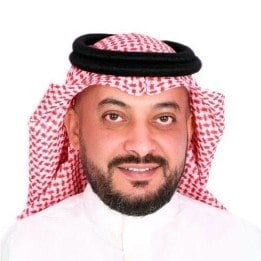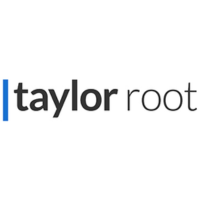

Chief legal officer | King Abdullah Financial District Development and Management Company - (KAFD DMC)





Ayman Alawad
Chief legal officer | King Abdullah Financial District Development and Management Company - (KAFD DMC)
Team size: 16
Could you share an example of a time when you came up with an innovation that improved how your legal team works and did not come at a large expense?
We established a legal operations department within the legal division, but instead of hiring a senior lawyer to lead this function, I opted to hire a project manager with an IT background. The intent of this change in the original plans is that I needed to have a leader who focuses on processes and functions rather than diving into the legal details. We reaped rapid benefits with quick wins, not only in the efficiency front, but also in minimising legal risks. The role acts as a quarterback on all incoming and outgoing processes with paperless documentation of any processes or changes to a document. The legal ops director utilised the available electronic document archive and simple IT tools as a quick solution while working on a bespoke legal in-house enterprise solution. I also assigned the director to lead the existing policies and processes development works to be integrated with a more robust legal risk mitigation solution which is to comply with ISO 31022 which sets out the guidelines for management of legal risks.
How do you balance your responsibilities as a general counsel with your involvement in dispute resolution and M&A matters?
As a chief legal officer, my role allows me to strike the balance between achieving business success while protecting the company from legal risks. For example, in construction claims, which is an adversarial dispute that usually ends up in courts, I negotiate my company’s position with an awareness of WATNA, BATNA, and the areas in the middle where the opposing party may come into an agreement. This presentation of possible figures coupled with a cost benefit analysis considering the cost of litigation in terms of direct cost and time in addition to the indefiniteness factor of the range of possible outcome makes it easier for the executive management to support my recommended position in the negotiation that ends up in a win-win between the company and the opposing party.
What emerging technologies do you see as having the most significant impact on the legal profession in the near future, and how do you stay updated on these developments?
I believe artificial intelligence is an inevitable tool to support legal firms and legal departments. Within the IT upgrades that we are working on at KAFD DMC, we are developing pilot contracts and advisory AI tools. The advisory part starts with archiving all real legal advisory works. The compilation of this advice that is specific to our business will help the AI tool, once launched, to tap into this wealth of information and respond to legal inquiries without human interference. On the contracts side, there are many contract AI tools that are already available in the market, but this area is still in the infancy level. I believe that if we enter this early on, we would be far more efficient than other legal departments since the improvements of these machines are usually fast.
Chief Legal Officer | King Abdullah Financial District Development and Management Company (KAFD)
Chief legal officer | King Abdullah Financial District Development and Management Company (KAFD)